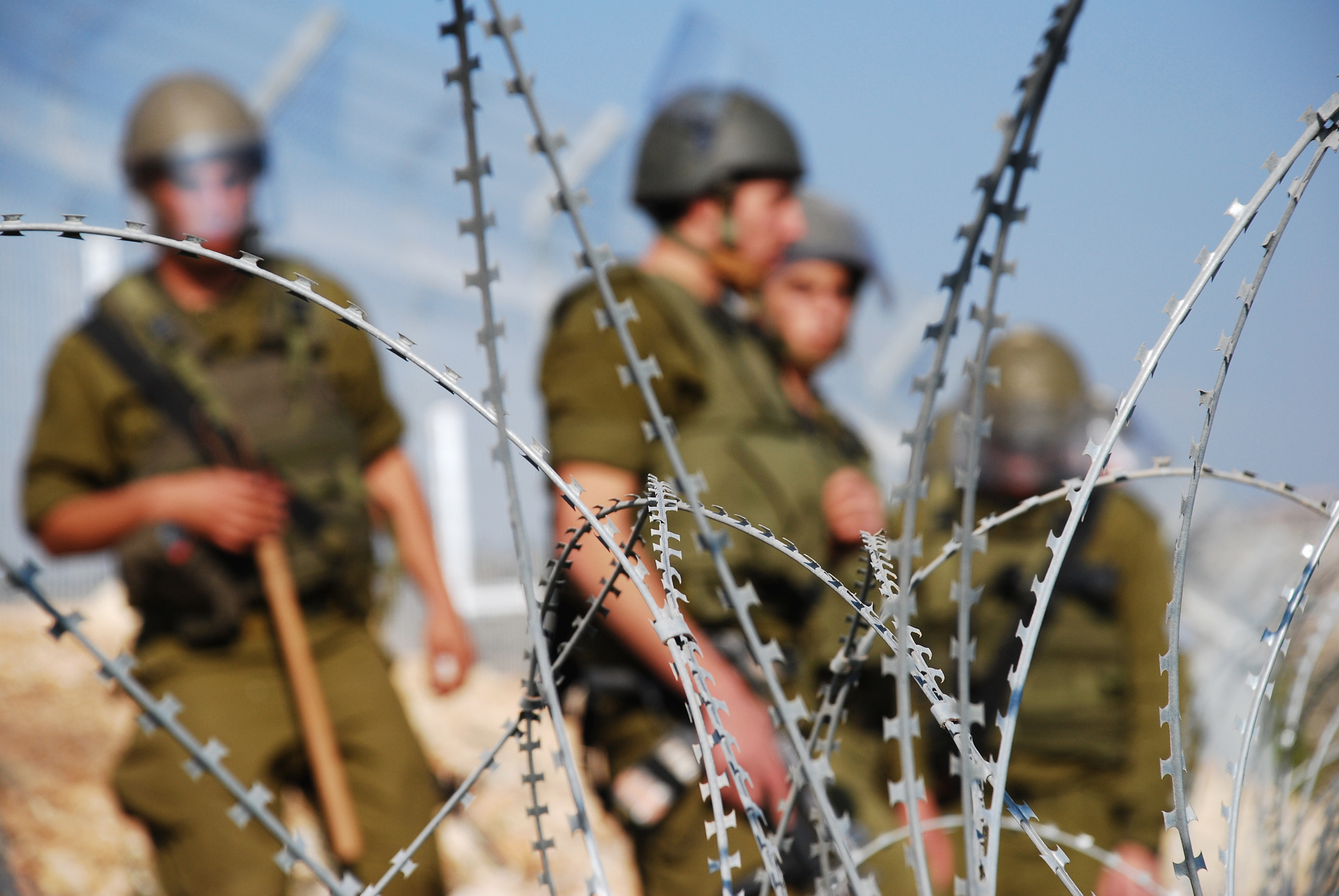On 13th August, Israel and the United Arab Emirates (UAE) reached a historic agreement to normalise relations. Israel agreed to co-operate with the UAE in developing a coronavirus vaccine, and in energy, water, environment and several other fields, as well as to suspend its controversial plans to annex parts of the occupied West Bank.
The deal was brokered by the United States, and is the first agreement to be reached between Israel and the Gulf nations. Three other Middle Eastern countries have also reached agreements with Israel: Egypt in 1979, Jordan in 1994, and Mauritania in 1999 (suspended in 2009).
What does this mean for the countries involved?
The UAE benefits by being the first “mover” to establish diplomatic ties with Israel in the region. It isn’t impossible other Gulf states, such as Saudi Arabia, will follow the UAE’s lead and also establish diplomatic ties with Israel as a result of the 2020 deal.
The UAE benefits from improved relations with the US, no matter who wins the US Presidential election in November. Either they’ve promoted Trump via this agreement, and he’ll owe them, or they’ve been involved in brokering a deal that is likely to be viewed positively by Democrat Joe Biden, whose team contains many peace-process supporters. Jonathan Freedland in The Guardian quoted one longtime observer of Middle Eastern relations that “Mohammed bin Zayed [Deputy Supreme Commander of the UAE armed forces] has just taken out his insurance policy”.
The UAE has been discreetly cooperating with Israel, particularly in intelligence, for several years – in part fuelled by their shared distrust of Shia Iran, which has undoubtedly played a role in the formation of the 2020 deal. UAE is Sunni. For both the UAE and Israel, their enemy’s enemy might prove to be their friend.
What Does This Mean For Israel?
The Israeli prime minister, Netanyahu, was needing a positive story after a rough few years, especially if he decides to go to the polls in the next year. He’s currently on trial for corruption, is broadly blamed in the country for failing in Israel’s handling of COVID-19, and for causing an economic downturn. His personal residence was recently swarmed by thousands of furious protesters. But the one topic Netanyahu claimed as his own was national security – so a win in this area might help his electoral chances.
Some observers have reckoned Netanyahu’s plan to annex parts of the West Bank was an empty threat. If that is the case, it means he will have lost very little in coming to this peace agreement with the UAE. And although potentially historic, the situation on the ground has not changed for Palestinians.
Previous agreements between Israel and other Middle Eastern nations have conceded some ground on Palestinian rights in exchange for diplomacy. The 1994 agreement between Jordan and Israel included substantial commitments to the Palestinian people, such as protection of Palestinian refugees. So the 2020 agreement breaks the norm in that there has been no agreed change in the present living conditions of Palestinians.
What Does This Mean For Palestine?
The West Bank remains occupied by Israel and Palestinians are still denied basic rights. Palestinians were not consulted on the deal: Palestinian Authority President Mahmoud Abbas said the deal amounted to “treason”, and the Palestinian ambassador to the UAE has been recalled as a result of the deal.
Palestinian spokespeople argue that the 2020 agreement is in violation of the 2002 Arab Peace initiative, which committed Arab countries to only establishing normal relations with Israel “in the context of a comprehensive peace and a full Israeli withdrawal from all the territories occupied since 1967.”
On 14th August, photos of Palestinians burning cutouts of Trump, Mohammed bin Zayed and Netanyahu surfaced. One can be viewed here.
What Does This Mean For The US?
Donald Trump now has one foreign policy achievement to flout prior to the upcoming US presidential election. This comes after repeated foreign policy failures including undermining the Iran nuclear deal. The US press has responded positively to the announced agreement, with the New York Post lauding Trump’s success.
There has been speculation that there may be a personal motive behind the agreement for Trump, who is said to have coveted the Nobel Peace Prize since Barack Obama was awarded one within a year of entering office. Trump’s national security advisor declared that, thanks to his involvement in brokering the 2020 deal, the US president “should be a frontrunner for the Nobel Peace Prize.”
